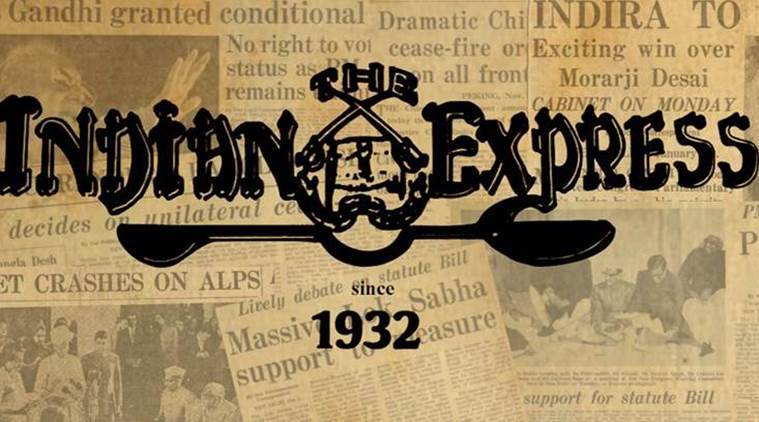Your Lordship
Government’s case against Justice KM Joseph is not convincing. CJI, and Collegium, must stand up by putting their foot down By: Editorial | Updated: April 27, 2018 12:10:06 am The government has singled out Justice Joseph from the two recommendations

Government’s case against Justice KM Joseph is not convincing. CJI, and Collegium, must stand up by putting their foot down
By: Editorial | Updated: April 27, 2018 12:10:06 am
The government has singled out Justice Joseph from the two recommendations made by the collegium in January after sitting on them for more than three months — the segregation is unusual, as was the delay.
The NDA government has segregated and returned for reconsideration of the Supreme Court Collegium the proposed appointment of Justice KM Joseph as judge in the apex court. As Chief Justice of India Dipak Misra has pointed out, it is within its rights to do so. Yet, the government’s move in a fraught context rife with crucial questions raises worries about the health of the institution of the judiciary and its independence from the executive. The government has singled out Justice Joseph from the two recommendations made by the collegium in January after sitting on them for more than three months — the segregation is unusual, as was the delay. Neither can be explained away by the selective invoking of the so-called seniority or diversity norms in appointments to the higher judiciary. As Uttarakhand Chief Justice, K M Joseph had quashed the imposition of President’s Rule by the Centre in 2016, restoring the Congress government in the state. If the bid to stall his elevation is read as an unsubtle signal to him, and even more disquietingly, to all judges, that a judge has to pay for an inconvenient verdict, the government has itself to blame.
The ball — the opportunity to defend his institution — is now in CJI Misra’s court. At the very least, the government’s moves, given the questions they raise, need to be considered institutionally, in a meeting of the collegium. So far, CJI Misra appears to have discounted the serious concerns raised by his brother judges in the recent past regarding the executive’s bid to control or dominate the judiciary. In January, four senior-most SC judges held an unprecedented press conference to say that all is not well with the court. In March, Justice J Chelameswar wrote a letter flagging the government’s stalling of the elevation of a judicial officer to the Karnataka HC despite the Collegium’s reiteration of his candidature. In April, Justice Kurian Joseph wrote to the CJI about a threat to the “very life and existence of the institution”. Most recently, hours before the government cleared one Collegium appointment and held back another, Justices Ranjan Gogoi and Madan Lokur asked CJI Misra to call a “full court” to discuss its future. By not responding to the anxieties expressed by senior judges, CJI Misra has only strengthened the unfortunate impression that he is not willing to stand up to attempts to subdue the court.
In 2014, not long after the NDA assumed power at the Centre, the then CJI, RM Lodha, had written to the Union Law Minister to express his disapproval of the “unilateral” segregation by the government of the appointment of Gopal Subramaniam, former solicitor general who was outspoken on Gujarat 2002, from a panel of four names recommended by the Collegium for elevation as SC judges. “In future such a procedure… should not be adopted by the executive”, he wrote. The court has a proud legacy of protecting its own dignity and independence. CJI Misra must live up to it. Not just his own legacy, the integrity of the institution he heads is at stake.

